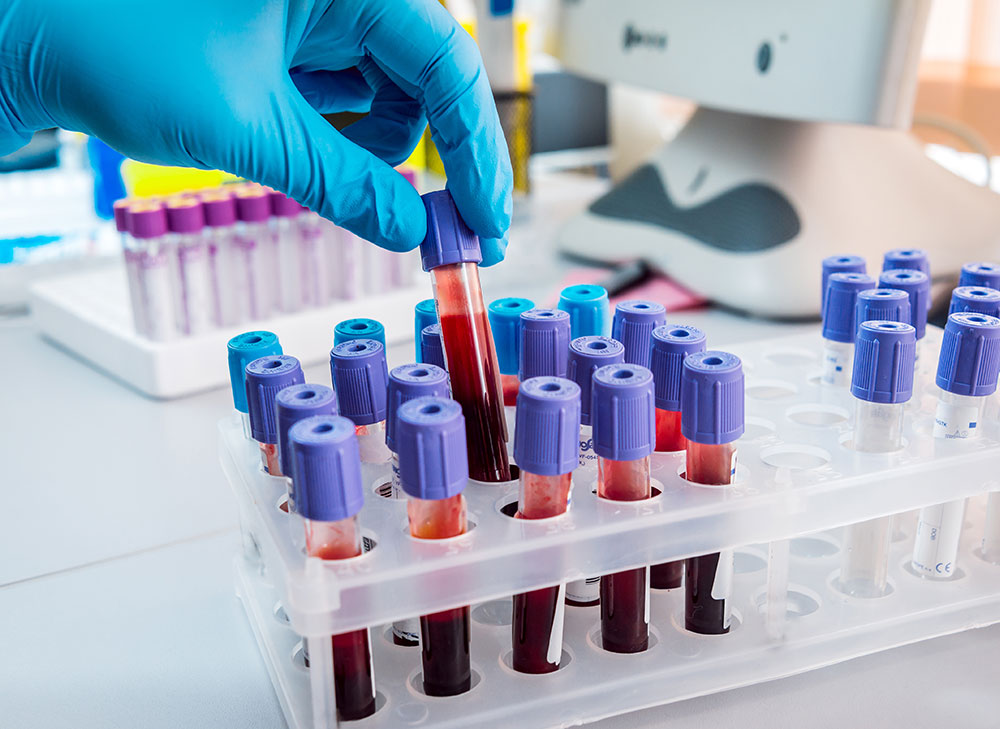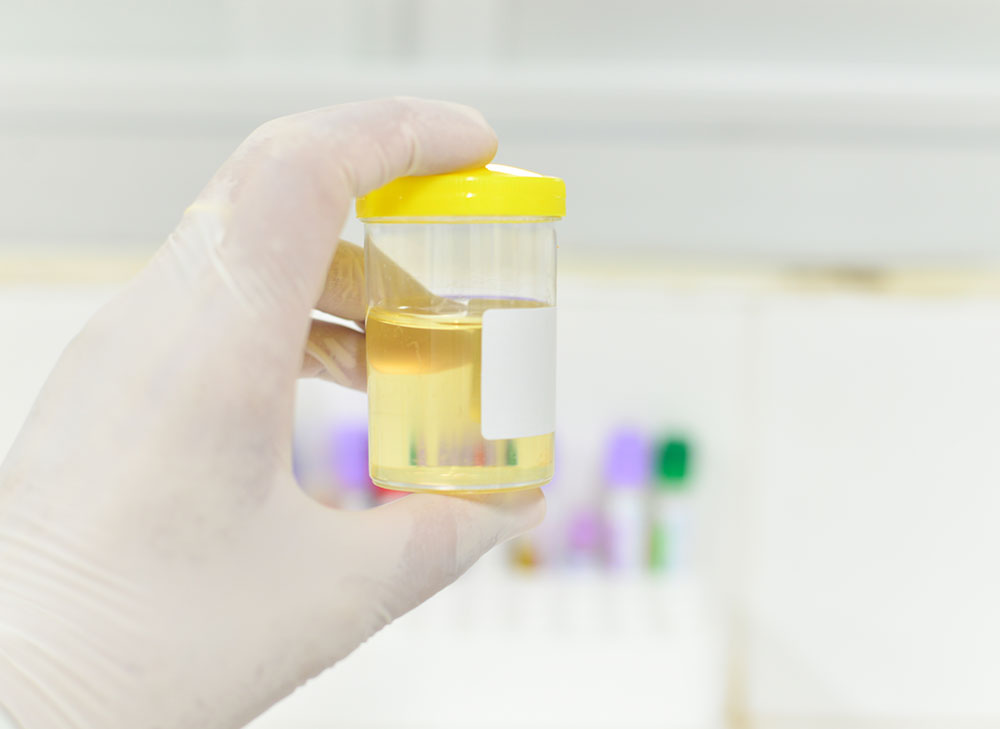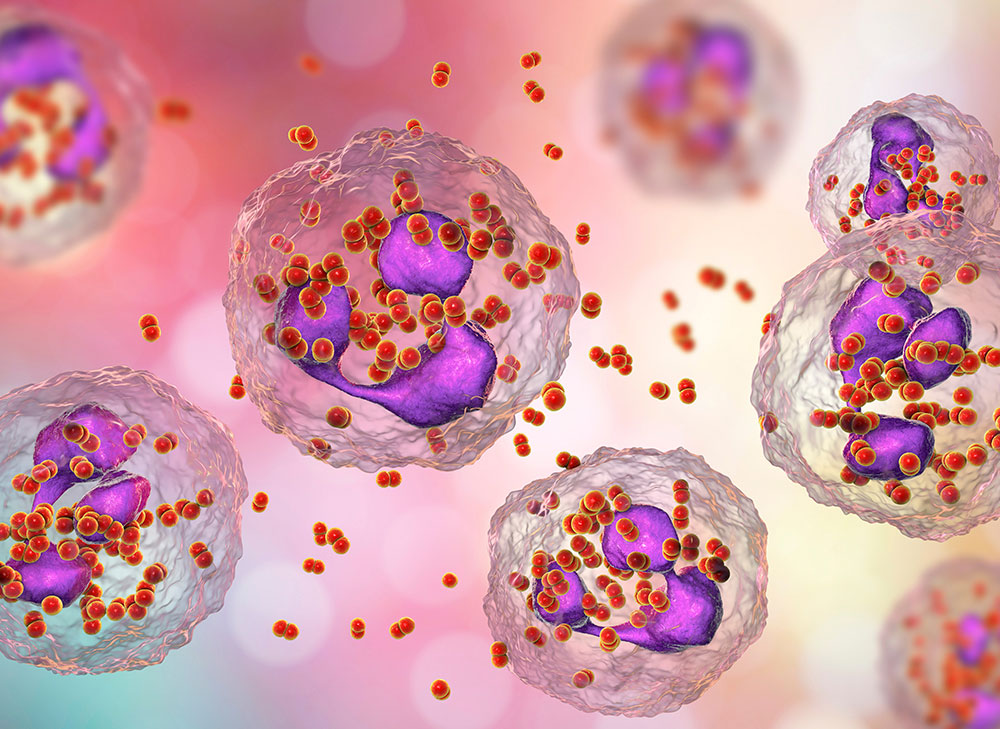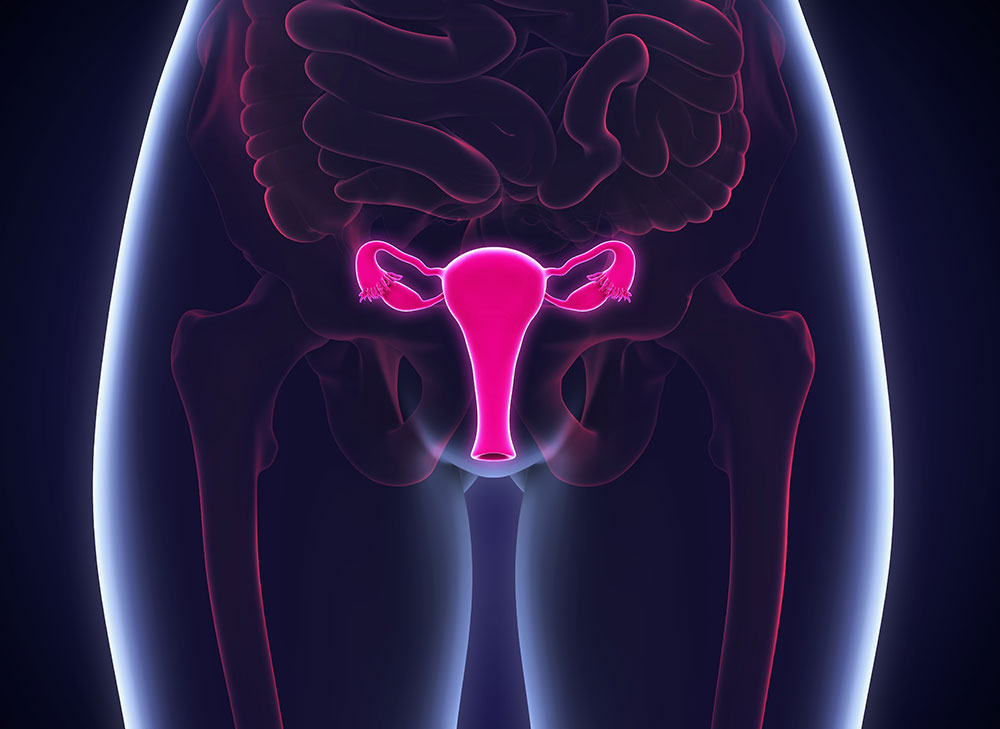Reminder: Genetic carrier screening for cystic fibrosis, spinal muscular atrophy, and fragile X syndrome is now bulk-billed. For more information, please click here.
When you are in the early stages of pregnancy, during the first trimester, your doctor will order a series of routine tests to check for infections or conditions that could potentially affect the health of both you and your baby. Some of these early pregnancy tests are offered to all women, while others are only offered to women at risk. Several of the conditions tested for in early pregnancy are explained in more detail below, a separate test will not be required for each of these conditions.
Pre-eclampsia Screening
Pre-eclampsia screening is critical to protect the health of both you and your baby, but many women are unaware of pre-eclampsia as a disease or about the possibility to have their risk assessed with pre-eclampsia screening. Pre-eclampsia can affect any pregnancy, but some pregnancies are more at risk of pre-eclampsia than others. Pre-eclampsia screening is an effective way to assess this risk.
What is pre-eclampsia?
Pre-eclampsia is a potentially serious pregnancy complication that is characterised by high blood pressure. It usually begins after 20 weeks of pregnancy in a woman whose blood pressure had otherwise been normal and can lead to serious, even fatal, complications for both the mother and baby.
Early identification of pre-eclampsia is an important step towards improved management and outcomes of such cases.
Placental Growth Factor (PlGF) blood test
As part of our antenatal screening offerings, Clinical Labs is now offering the Placental Growth Factor blood test. Placental Growth Factor (PlGF) is the preferred serum marker for pre-eclampsia prediction. The optimal time for screening is between 11 and 13+6 weeks of gestation, as in order to be effective, treatment needs to be started before 16 weeks of pregnancy.
The PlGF test is suited to pregnant women of any age or risk category. It is available for all naturally conceived or in vitro fertilisation (IVF) singleton or twin pregnancies, including those with egg donors.
How much does the PIGF test cost?
The Placental Growth Factor (PlGF) test costs $50.
Who is at risk?
Pre-eclampsia can affect any pregnancy, but some pregnancies are more at risk of pre-eclampsia than others. Some of the factors that could indicate that your own risk may be higher are as follows:
- This is your first pregnancy, or even your first pregnancy with your present partner
- You, your mother or your sister have had pre-eclampsia
- You have a body mass index (BMI) of 35 kg/m2 or more
- You are over 40 years of age
- You are expecting twins, triplets or quadruplets
- You suffer from pre-existing high blood pressure, kidney problems, diabetes and/or autoimmune diseases - SLE/APS
- Your pregnancy was medically assisted by IVF
What is the benefit of testing for preterm pre-eclampsia?
If identified in time, pre-eclampsia can be monitored and treated effectively. Effective management helps prevent premature births and gives your baby a healthy start to life. The Placental Growth Factor blood test from Clinical Labs tells you whether you are high risk or low risk. High risk women will benefit from aspirin treatment.
What is the treatment
Treatment with aspirin (150 mg/day) taken at bed time from weeks 12 to 36 of the pregnancy has shown to reduce the risk of preterm pre-eclampsia by more than 60%. If your doctor prescribes aspirin, it is important to take your medication regularly every night. Results have shown that taking 90% of the tablets achieves 70% reduction in the rate of preterm pre-eclampsia.
download brochureGenetic Carrier Screening
Genetic carrier screening for cystic fibrosis, spinal muscular atrophy, and fragile X syndrome is now bulk-billed. Clinical guidelines recommend that doctors offer this test to all women who are either planning or in the first stage of pregnancy, regardless of their risk factors. Ideally performed before pregnancy to offer greater reproductive choice, genetic carrier screening will provide you with insights into the risk of passing genetic conditions onto your baby. To learn more about Clinical Labs’ Genetic Carrier Screening test options, click here.
Test Type: Blood Test

Human Chorionic Gonadotropin (hCG)
Human chorionic gonadotropin (hCG) is often called the pregnancy hormone because it is made by cells formed in the placenta. The human chorionic gonadotropin blood test is used by doctors to confirm a pregnancy and determine whether it is progressing normally.
Test Type: Blood Test

Blood Group
It is important to know what blood group you are (A, B, AB or O), in case you need to be given blood during pregnancy or birth, as a result of heavy bleeding (haemorrhage).
Test Type: Blood Test

Blood Group Type Positive or Negative
When you find out your blood group type, you will also find out if your type is positive or negative. This is called the 'Rhesus (RhD) factor'. If you are RhD negative and your baby is too, this won't cause a problem. If your baby is RhD positive, however, there is a risk that your body will produce antibodies against your baby's blood. Although this won't cause a problem with your current pregnancy, it could impact future pregnancies.
Test Type: Blood Test

General Health
A full blood count (FBC) test will provide your doctor with a good indication of your general health. The test measures the amount of red cells, white cells, platelets and haemoglobin in your blood. A low platelet level is one possible indication of pre-eclampsia (high blood pressure) and a low haemoglobin level can indicate iron deficiency/anaemia.
Test Type: Blood Test

Urine Test – Pregnancy, Protein, Glucose, Bladder Infection
A urine test in early pregnancy can be used to, firstly, confirm a pregnancy by checking the levels of human chorionic gonadotropin hormone, and subsequently, to check for high levels of protein (which can indicate pre-eclampsia) and high levels of glucose (sugar - which can indicate gestational diabetes). The urine test can also be used to check for a bladder infection which, if left untreated, can lead to kidney damage.
Test Type: Urine Sample

Gestational Diabetes
Usually, screening for gestational diabetes is carried out later in pregnancy (between 24 and 26 weeks), however, if you have had gestational diabetes in a previous pregnancy or are at a higher risk of developing gestational diabetes, due to factors such as age, weight or ethnic background, your doctor may order an oral glucose tolerance test (OGTT) earlier in pregnancy.
Test Type: Blood Tests

Infectious Diseases
Some infectious diseases that normally only result in mild symptoms in adults can be of danger to your baby. These diseases can be prevented from being passed on to your baby if you begin treatment before or during the birth. Testing for many diseases is routine, however, some diseases will only be tested for if you have been exposed to the disease during your pregnancy, i.e., herpes.
-
Rubella (German measles)
-
Syphilis
-
Hepatitis B
-
Hepatitis C
-
HIV
-
Varicella (chicken pox)
-
Cytomegalo virus (CMV)
-
Toxoplasmosis
-
Herpes
-
Gonorrhoea
-
Chlamydia
-
Listeria
-
Influenza
Test Type: Blood Tests and Vaginal Swab


Cervical Cancer
The Cervical Screening Test is used to detect human papillomavirus (HPV), which is a common virus that can change the cells in your cervix and, in rare cases, can develop into cervical cancer. If you have HPV when you are pregnant, the virus will not affect your developing baby. If you are due for your Cervical Screening Test, your doctor may suggest this is performed along with the other early pregnancy tests. According to the National Cervical Screening Program, women can have their Cervical Screening Test at any time during their pregnancy, provided the correct equipment is used.
Test Type: Vaginal Swab

Iron Deficiency and Anaemia
Your doctor may monitor your iron levels throughout your pregnancy, including ordering a test, called iron studies, to check for iron deficiency, which can lead to fatigue and anaemia if left untreated.
Test Type: Blood Test

Vitamin D Deficiency
Vitamin D is essential for building strong bones and teeth by helping the body to absorb calcium. When you are pregnant, you need to ensure that you have adequate levels, as if you are deficient, this can affect your growing baby.
Test Type: Blood Test

Thyroid Function
Checking thyroid-stimulating hormone (TSH) and thyroid hormone levels in early pregnancy are important, as the baby’s thyroid does not begin to function until the 2nd trimester. Increased TSH levels and low thyroid hormone levels can affect a baby’s brain development or cause other pregnancy problems. Thyroid dysfunction affects 2 to 3% of pregnant women and can lead to adverse pregnancy outcomes. As a result, women should be assessed before, during and after pregnancy for any adverse thyroid conditions. In Grave’s disease, TSH receptor antibodies can cross the placenta and cause foetal issues and post-partum thyroid dysfunction in the baby.
Test Type: Blood Test

